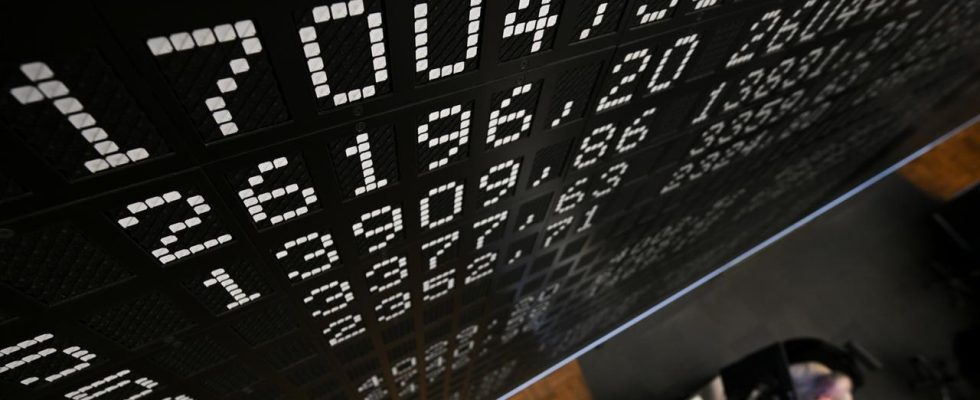In order to secure pensions in the future, the federal government wants to invest billions – especially in stocks. According to the responsible fund manager, the money will be invested broadly and safely: “We don’t gamble.”
According to the responsible investment manager, the so-called generation capital planned by the federal government to secure statutory pensions will be invested predominantly in stocks. “Due to the return requirements, the equity share should go towards 80 percent,” said Anja Mikus, chairwoman of the sovereign wealth fund for financing nuclear waste disposal (KENFO), to “Welt am Sonntag”. The so-called generation capital will probably have almost no bonds. “Unlisted investments are also likely to play a role moving forward.”
Mikus emphasized: “We’re not gambling. I can reassure everyone about that.” It’s not about investing money in the short term and selling the securities again quickly. “We invest the funds entrusted to us in a long-term and globally diversified manner in order to make the best possible use of the return potential.” She further emphasized: “The German state is finally starting to use the capital markets more for itself and its citizens’ retirement provision.” Other countries have been doing this successfully for decades.
Investments according to ESG criteria
Mikus announced a “return-oriented sustainability strategy” for generation capital with a focus on the areas of the environment, social issues and good corporate governance. “And not to look good to the outside world, but because investments in companies that are constantly improving in these three areas bring higher returns in the long term.” Equity funds that meet the EU’s so-called ESG criteria are considered sustainable.
Mikus left it open to what extent investments in individual sectors would be excluded. However, the foundation chairwoman does not expect politics to have too much influence on investment decisions. “The broad will of the responsible ministries and political representatives is that we are not hindered by political influence when investing capital and can invest flexibly,” she said. In their view, the current 50-strong team, which has been managing the KENFO nuclear fund since 2017, is largely sufficient to manage generational capital. “With the generation capital, only five to seven employees should be added”
More return than interest
She rejected criticism that the state should also take out loans for this. “Private investors have to pay the borrowed money back to the bank at a certain point in time. If the prices fall shortly before that, it can cost their existence. The state, on the other hand, can always replace old debts with new ones.”
Mikus argued that you also benefit from Germany’s excellent credit rating and therefore from much lower interest rates than would be offered to private investors. “In our forecasts for generational capital, we conservatively expect an annual return of an average of six percent and an interest rate of three percent – currently we only have to pay 2.5 percent. The bottom line is that an average return of at least three percent remains.”
Volume of around 200 billion
The federal government’s draft pension package II stipulates, among other things, that the federal government will pay at least twelve billion euros into the new sovereign wealth fund over the next few years. The income will then be used to prevent an even greater increase in pension contributions from the mid-2030s. According to the plans of Labor Minister Hubertus Heil and Finance Minister Christian Lindner, a new capital stock of 200 billion euros should be created on the stock market by then.
However, the law has not yet been passed by the Bundestag and Bundesrat. “I hope we can do that by the summer break,” said Mikus.
The generation capital is to be managed as a permanent fund by a new foundation. According to the Federal Ministry of Finance, the structures of the existing sovereign wealth fund KENFO will be used for the development. This was actually created to finance nuclear waste disposal.

